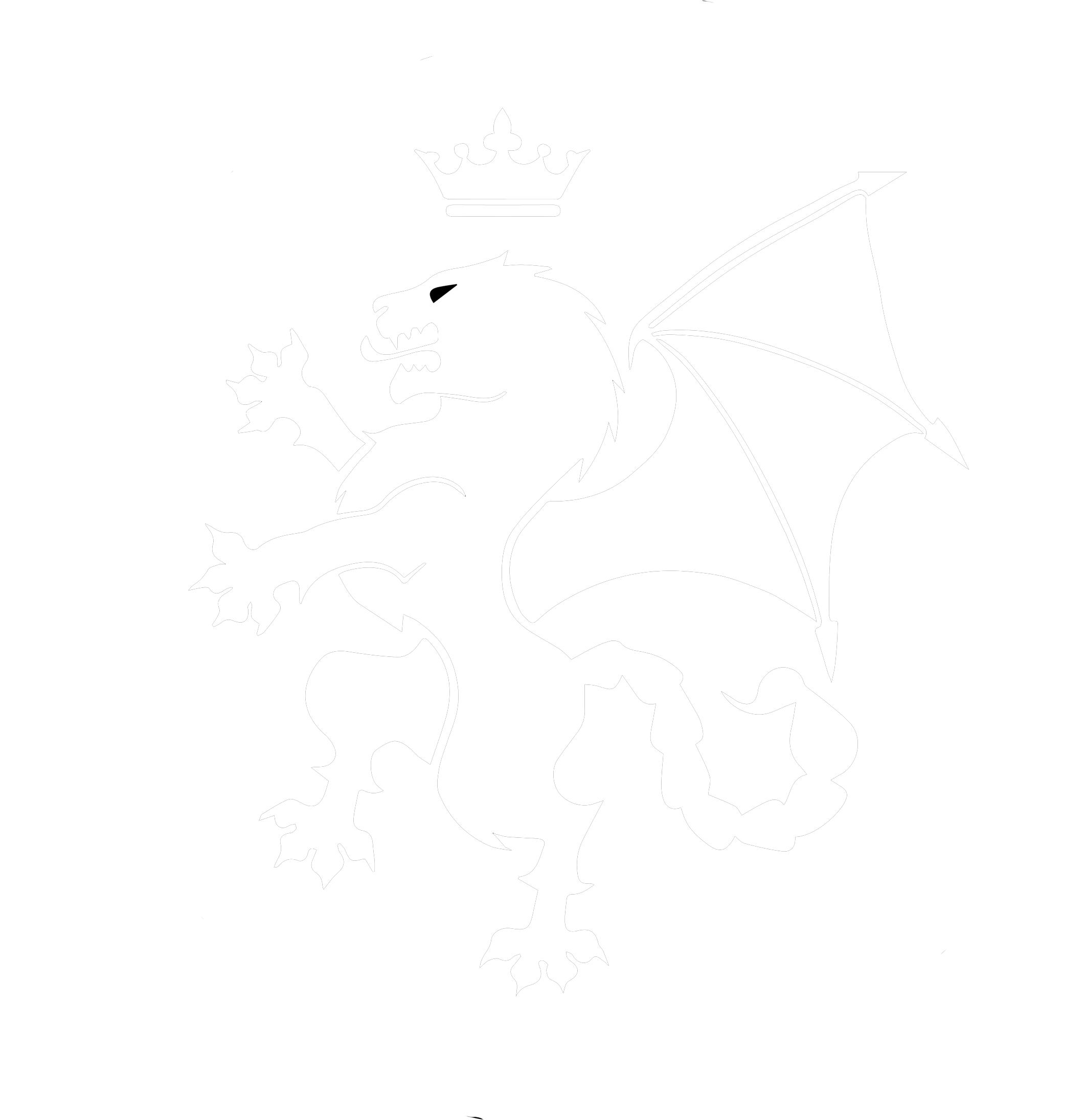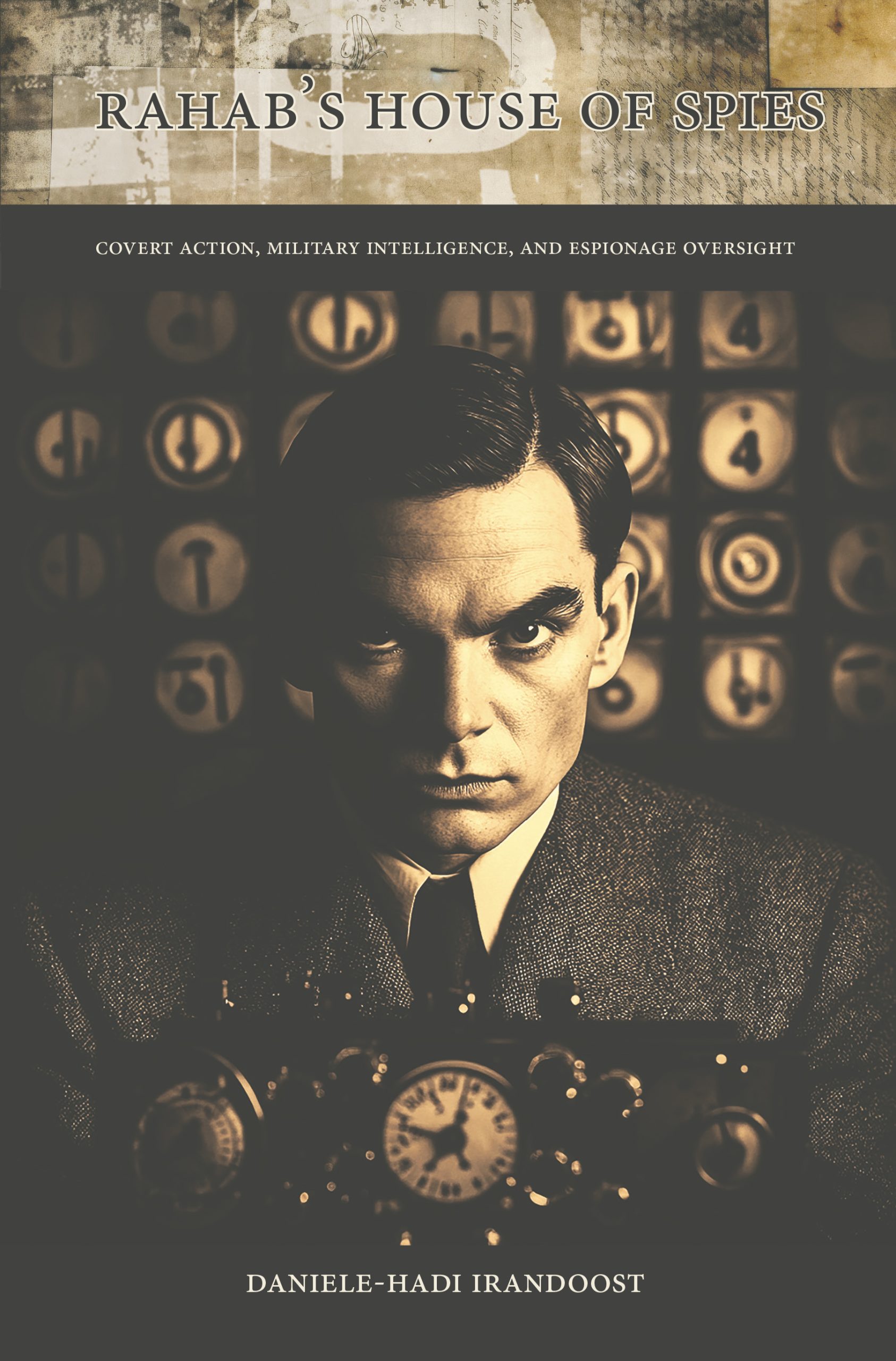Description
Introducing “Rahab’s House of Spies: Covert Action, Military Intelligence, and Espionage Oversight.”
In his second book on espionage, Daniele-Hadi Irandoost adopts a more historical approach to explore the hidden processes that led us to our current spycraft operations. As such, he outlines a series of case studies in the history of intelligence to observe present-day uses and abuses inside the field, including the virtual unaccountability of MI6, the CIA, and the Mossad, which continues to capture headlines in news media worldwide.
Rahab’s House of Spies is a comprehensive academic examination of the intricate world of intelligence, clandestine operations, and the role of covert action in shaping international relations. This meticulously researched volume delves into the critical moments of intelligence history, such as guerrilla warfare in the American War of Independence, the Zimmermann Telegram, the U.S. entry into World War I, and signals intelligence (SIGINT). Rahab’s House of Spies further uncovers the actions of British intelligence and provides a fresh perspective on the evolving relationship between intelligence agencies and parliamentary oversight.
Rahab’s House of Spies provides a critical and thought-provoking exploration of the hidden forces that have shaped global history. Whether you’re interested in covert operations, the ethics of intelligence, or the evolution of foreign policy, this book offers a compelling, in-depth analysis of these covert yet critical aspects of warfare and diplomacy. All in all, this well-researched volume is a must-read for anyone interested in the cultural mechanisms whereby Western societies function behind the scenes.
The name Rahab’s House of Spies was inspired by the biblical figure Rahab, a Canaanite woman who sheltered two Israelite spies sent by Joshua. Rahab’s house represents a place where spies gather, exchange information, or hide from danger.
The author, Daniele-Hadi Irandoost, brings a wealth of academic expertise to his exploration of espionage. Currently pursuing his PhD in the sociology of surveillance at the University of Glasgow, his research is informed by a deep understanding of the cultural and historical contexts of intelligence operations.



